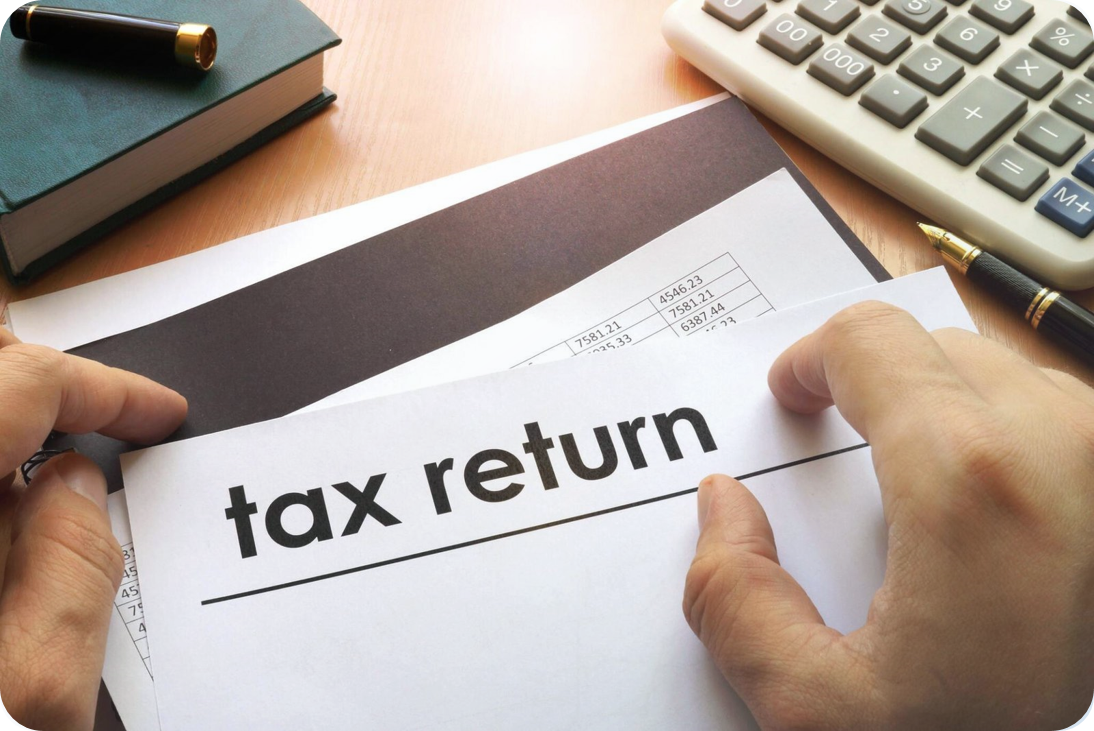VAT Registration in the UK: Complete Guide [2024]

Value Added Tax (VAT) is an essential aspect of running a business in the UK. Understanding UK VAT registration is crucial for business owners. VAT registration helps businesses manage their tax obligations and ensures compliance with UK tax laws. In this comprehensive guide, we will explore what VAT is, the different types of VAT rates, who needs to register for VAT, and the steps involved in registering for VAT. By the end of this article, you will have a clear understanding of VAT registration in the UK and why it is vital for your business. Whether you are a small business owner, freelancer, or entrepreneur, our guide offers clear and concise information on the benefits of VAT registration, the different VAT schemes available, and the thresholds to determine if your business needs to register. What is VAT? VAT stands for Value Added Tax. It is a consumption tax levied on the sale of goods and services in the UK. The government collects VAT at each stage of pr...




